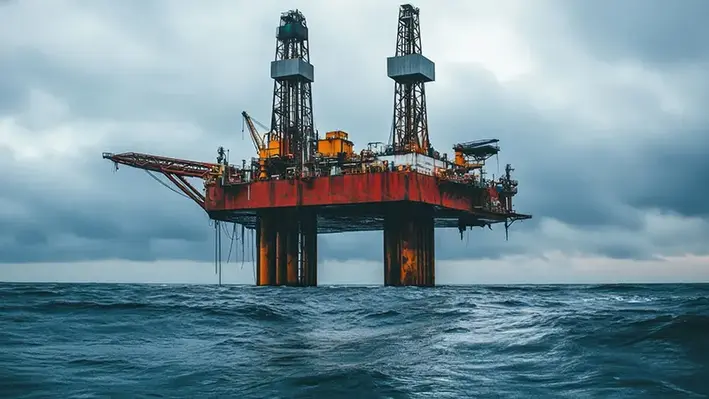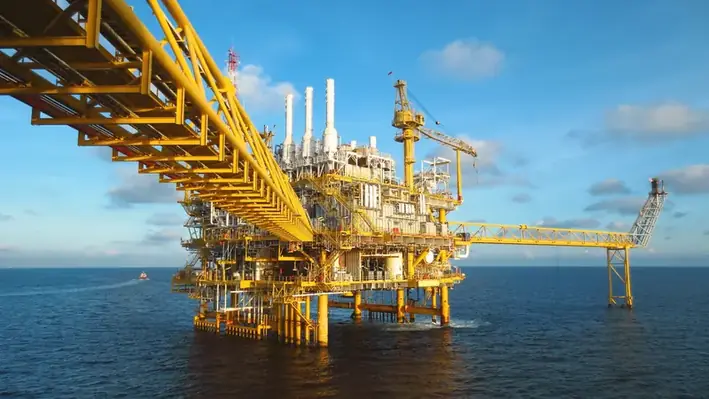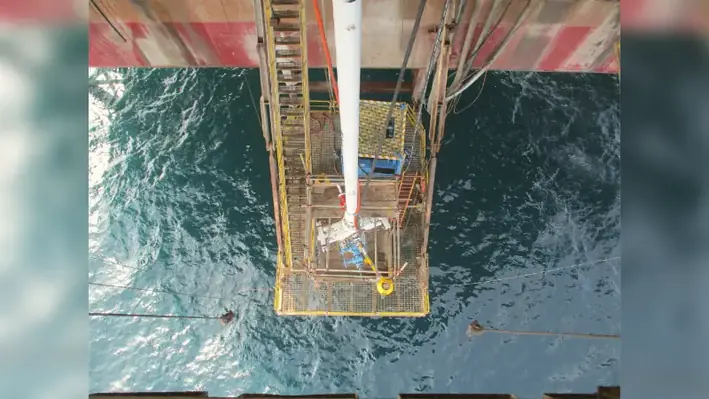
Frequent delays across offshore energy and infrastructure projects are putting the UK’s underwater supply chain at risk, according to new findings from Global Underwater Hub (GUH), the national trade and industry development body for the sector.
In its Business Survey 2025, almost all respondents (96%) reported that activity in oil and gas, offshore wind and defence is progressing too slowly, while 81% believe developments are failing to move at the pace the country requires.
The report, titled ‘Minding the Gap’, warns that continued slow project delivery may push companies to relocate overseas, with 82% of the sector saying current UK supply-chain capacity does not match demand. Alongside capturing industry sentiment, the annual survey provides insight into market size, growth opportunities and business confidence.
Neil Gordon, GUH CEO, said, “For much of the last year I have warned of the risk of ‘minding the gap’, where oil and gas projects slow and renewables projects are delayed, creating a vacuum of inactivity that threatens the UK’s world-leading underwater supply chain. Our latest business survey shows this is already playing out and, increasingly, there is a real possibility this gap will be filled by fast-moving international projects, drawing away our assets, facilities and skilled personnel. If this is to happen, then a return to the UK will be incredibly unlikely, even when our own projects eventually begin.”
Despite these concerns, the study highlights a modest increase in the size of the UK underwater market, rising from approximately US$11.5bn in 2024 to US$11.75bn in 2025. This growth is driven largely by new project construction across various global markets, reflected in rising export activity. Exports now account for 43% of all revenue generated by UK underwater supply-chain companies, underscoring the sector’s strong international reputation while also presenting a risk of long-term talent and investment drift.
Gordon noted, “Our research shows that companies increasingly view greater prospects internationally than domestically, with shorter timelines, supportive government policy and greater volume. A sea-based supply chain is, by nature, highly mobile and, unless things improve in the UK, then it seems inevitable that companies will consider not just exporting to other regions but relocating there.”
Urgent action needed
Ahead of the Autumn Budget, the report urges swift action to safeguard the UK’s underwater supply chain and identifies four priorities: accelerating domestic project delivery, improving policy certainty and support, strengthening the skills pipeline and promoting strategic diversification. Together, these recommendations aim to close the energy transition gap, improve supply-chain utilisation and build long-term resilience.
Gordon added, “The UK has a supply chain with the capability and capacity to lead, but confidence in project timelines and policy support is eroding. Major industrial projects take years to mobilise, and we risk repeating past declines that cannot be reversed overnight. This is a pivotal moment. We need a coordinated industrial strategy, targeted investment and a sustainable skills pipeline to keep the UK at the forefront of underwater innovation. Stakeholders must act now to align policy, project flow and investment with the supply chain’s readiness and ambition. The opportunity is clear, but so is the risk.”




